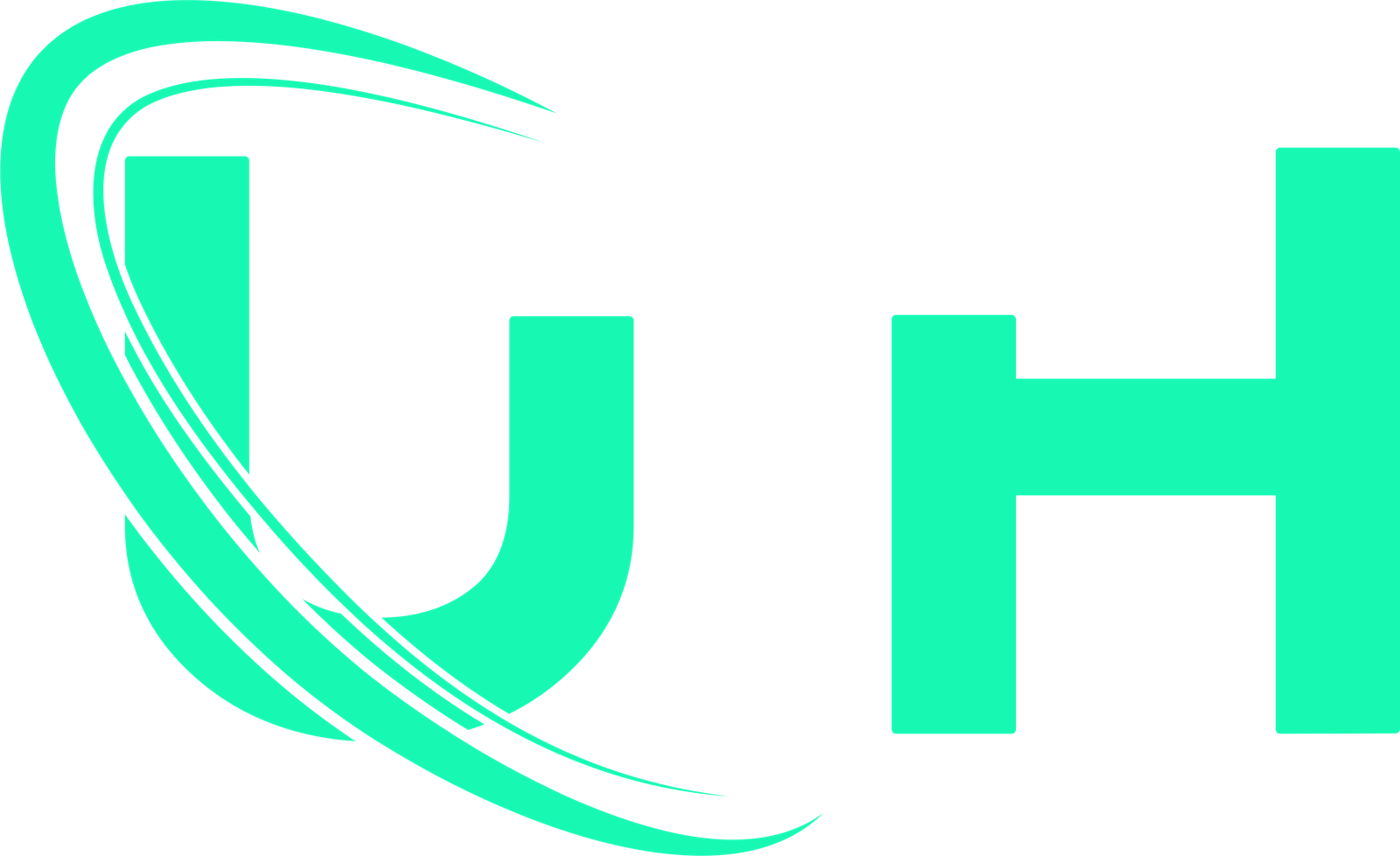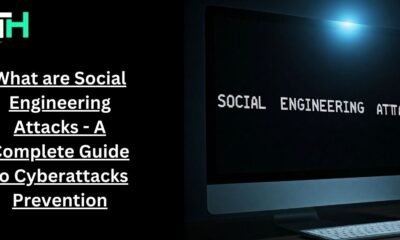Robotics and Automation
How Blockchain Is Driving A Revolution In The Gaming Industry

According to studies, 2.2 billion people worldwide are anticipated to play video games, which would generate $ 143 billion in income by 2024.
However, issues with trust and openness frequently sprang up between game makers and users. Additionally, when it comes to any transaction and asset ownership, these people always demand fair policies and security.
So, before learning how blockchain game development would prove to be the ideal fix for all of these problems? Let me first give you a little introduction to blockchain.
Let’s Describe Blockchain!
In 1991, a group of researchers who were focused on creating a novel method to timestamp papers first mentioned Blockchain technology. The first cryptocurrency ever created using blockchain technology is called Bitcoin.
Blockchain essentially stores the details of a transaction. A piece of information cannot be virtually changed after it has been recorded. A block in any blockchain comprises information such as transactional data, the hash of the previous block, as well as the hash of that particular block.
If any changes are made to the block data, however, the powerful computation capability of modern computers will allow you to compute the following hashes to validate the remainder of the chain. You could say that blockchain technology’s computationally expensive method prevents the creation of new blocks.
What Advantages Does Blockchain Offer?
The advantages of using blockchain in any industry are as follows.
Transparency
Any industry can benefit from blockchain’s extreme transparency. because it makes use of a decentralized network where several peers are in charge of carrying out transactions and validating them. The system employs a consensus technique for transaction validation, in which some peers participate with each other’s consent and validate the transactions. Additionally, each peer receives a copy of the transaction record; this is how blockchain provides system transparency.
Security
The blockchain system uses consensus techniques to validate every transaction that is made. Additionally, it is encrypted with a hashing mechanism related to the prior transactions. Additionally, the fact that a duplicate of every transaction is present at every network node contributes to the blockchain system’s high level of security.
Traceability
Blockchain enables the applications development of a perfect supply chain management system that benefits both buyers and providers. The conventional supply chain, on the other hand, had a high likelihood of problems including product loss, theft, and counterfeiting. Organizations can benefit from the finest possible traceability from blockchain technology through the internal deployment of a blockchain development business.
Quick And Effective
Blockchain enhances efficiency and speed by fixing cumbersome procedures and automating them by business requirements. Automation of procedures eliminates the possibility of human error. And the digital ledger, which gathers all transactions in one location, makes this all feasible.
How Does Blockchain Revise Some Issues in the Gaming Industry?
Transparency And Verifiability
Modern video games require players to fulfill certain missions using specific resources. However, due to their rarity in the games, gamers must either pay real money to buy them or accrue them through gameplay.
Due to the virtual nature of these assets, there is a risk that blockchain game producers might make them in big quantities and manipulate the market by giving them to only a select group of players. because there is no transparency or liability.
By establishing a distributed ledger for gaming assets that is decentralized and tokenized, blockchain app developers may support the gaming sector. Every player would be able to review and confirm assets in this way. As a result, users will start to trust game development businesses. In addition, players can buy these virtual assets from such decentralized markets at affordable prices.
Collectible Items
Any game’s assets will always be distinct and collectible. Therefore, these assets can be marked with distinctive values like NFTs (Non-fungible Tokens) using blockchain technology. Using these special values will make trading in these products simple, less expensive, and wallet-storable.
Security
The platforms on which games are created are housed on centralized servers, and purchases of the insufficiently secure elements utilized in the games are made on computers or mobile devices. Likely, the gaming account where you keep track of all your winnings will be taken.
Blockchain has the power to alter all of these security-related situations. The greatest strategy would be to store digital assets on a blockchain because they are unhackable. Gamers’ trust would rise as a result, and it would also encourage them to put up further effort to acquire additional assets.
Exchange of Digital Assets
Users can exchange or trade digital assets in the games as they currently stand on platforms like OpenSea, Wax, etc. However, it would be more transparent if these transactions took place on a decentralized system using a token. Blockchain is the best answer to such problems.
Final Reflections
With the development of VR, we will see even more honed, crisp, and clear real-world experiences in the future.
As a result, both game makers and gamers will experience more issues.
Blockchain technology and gaming will come together to form a streamlined environment. Additionally, it would put an end to all the issues that entrepreneurs and businesses routinely face.
Read more blogs:
Empowering Your Digital Strategy With Chatbots
Image of Spear Phishing Email with Victims Employerad Link Example

-

 Phishing attack4 months ago
Phishing attack4 months agoWhat is Spear Phishing and How You Can Identify This Scam?
-

 Emerging Technologies12 months ago
Emerging Technologies12 months agoEmpowering Your Digital Strategy With Chatbots
-

 Social engineering attack5 months ago
Social engineering attack5 months agoBaiting Attacks Explained: A Closer Look at Cyber Threat Tactics
-

 Social engineering attack4 months ago
Social engineering attack4 months agoWhat are Social Engineering Attacks – A Complete Guide to Cyberattacks Prevention
-

 Social engineering attack5 months ago
Social engineering attack5 months agoSpear Phishing Attack: A Targeted Cyber Threat
-

 Social engineering attack5 months ago
Social engineering attack5 months agoWhat is spear phishing attack? A detailed guide
-

 Social engineering attack5 months ago
Social engineering attack5 months agoSpear phishing vs phishing: Understand the Risks
-

 Social engineering attack5 months ago
Social engineering attack5 months agoWhat is spear phishing in cyber security?



















